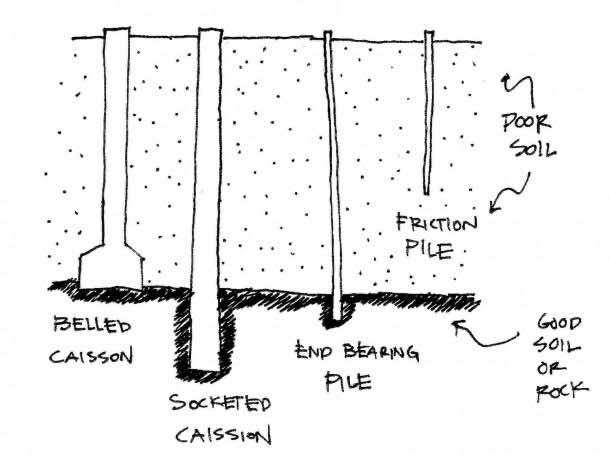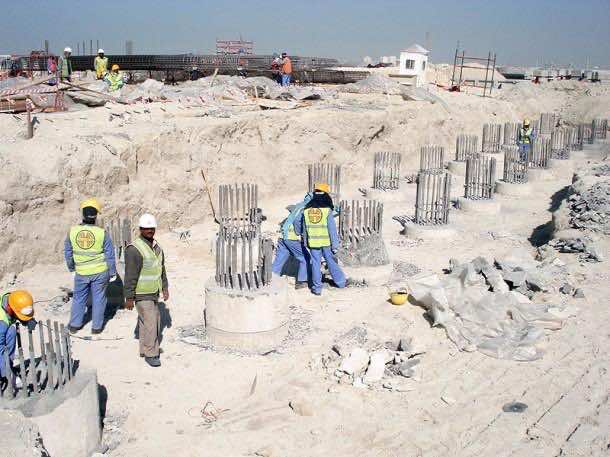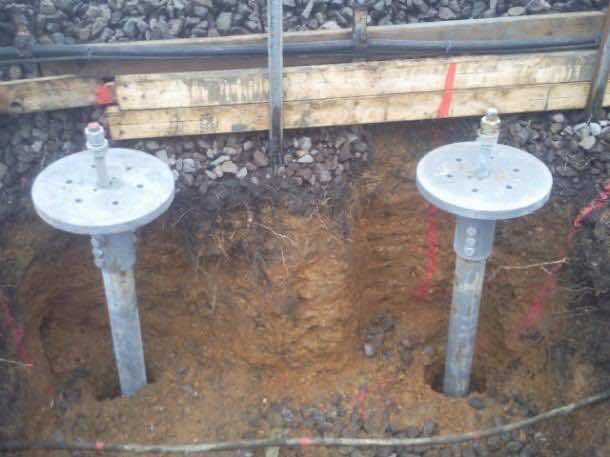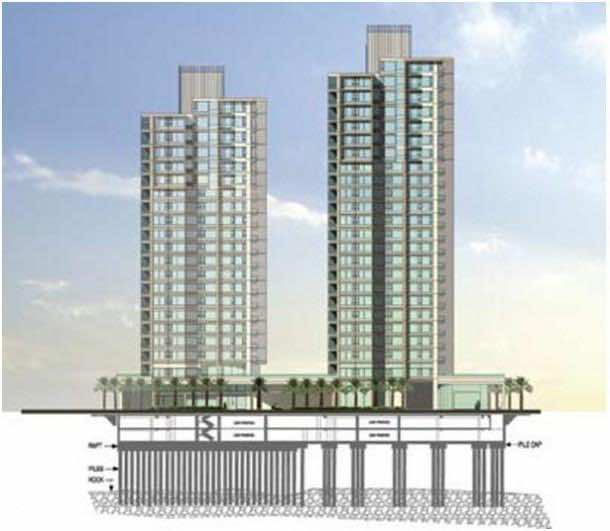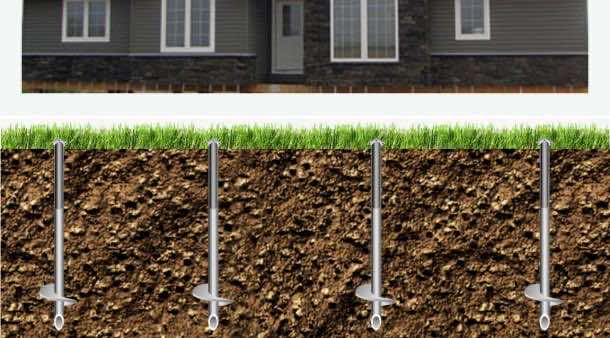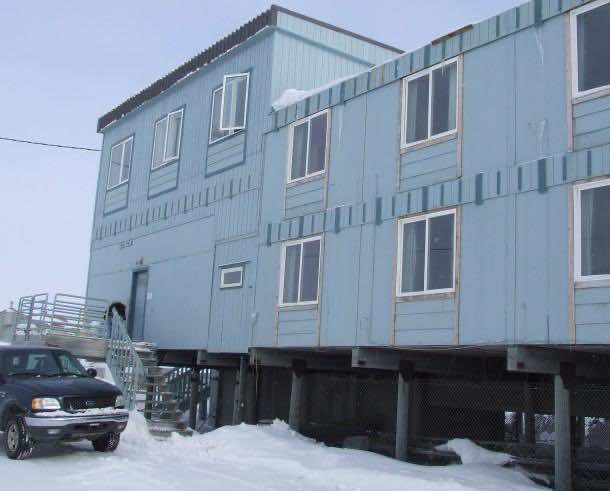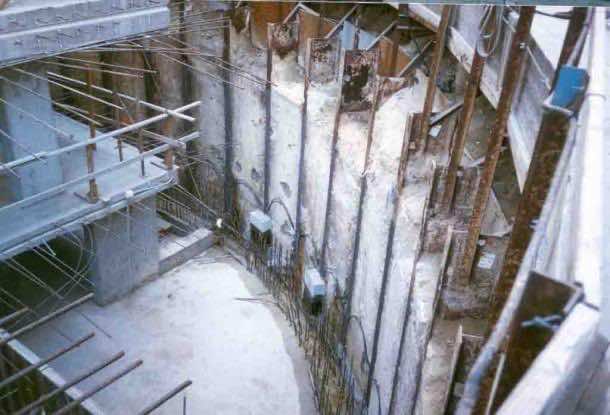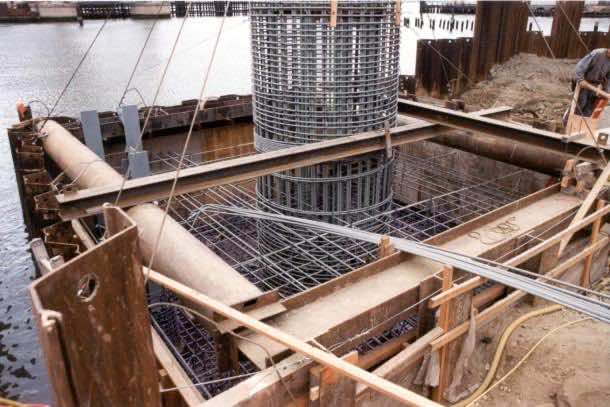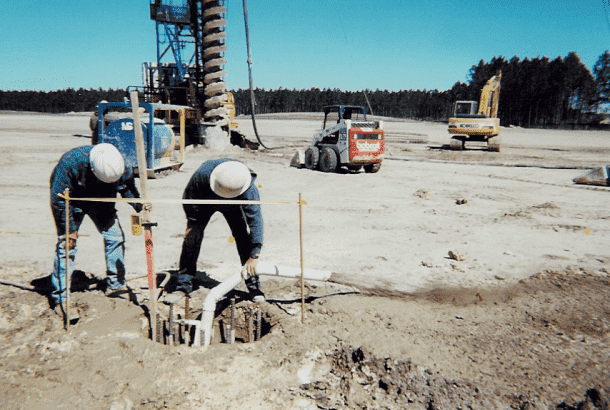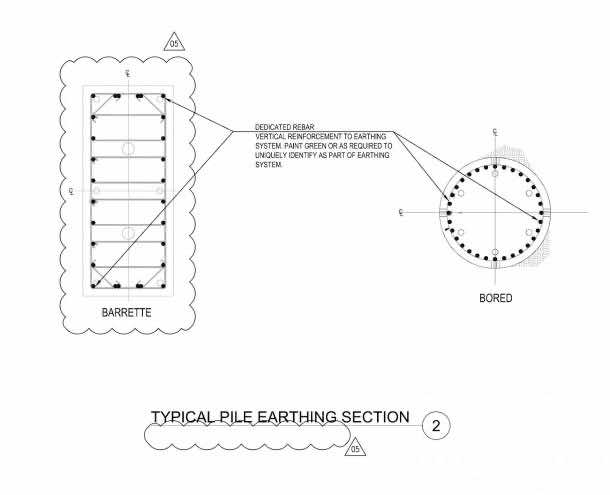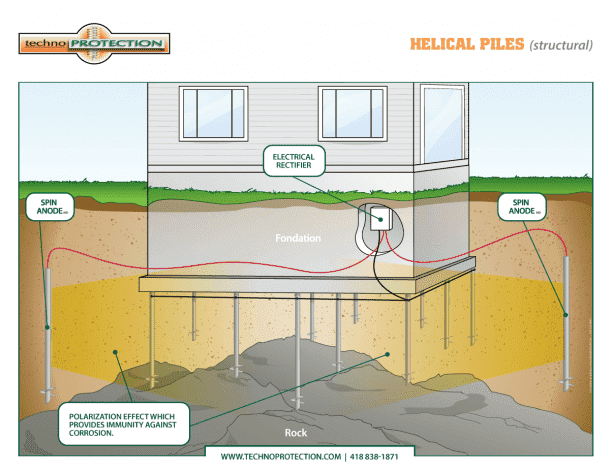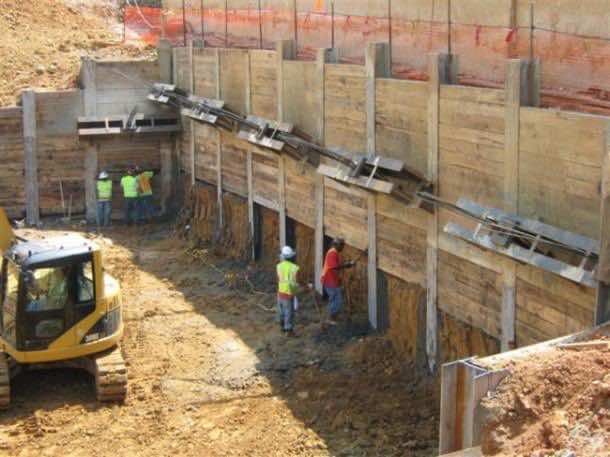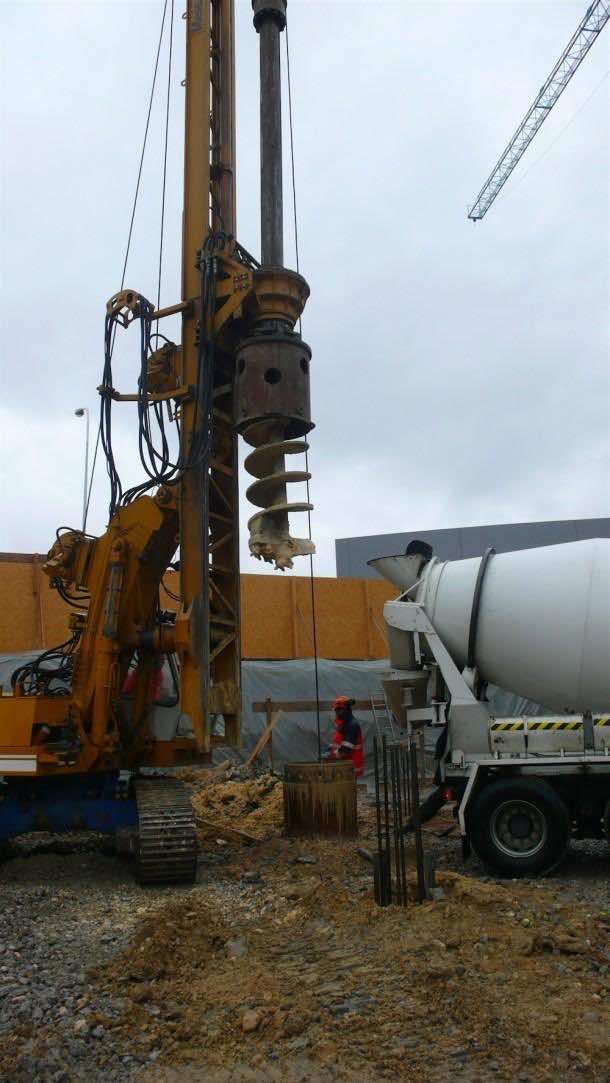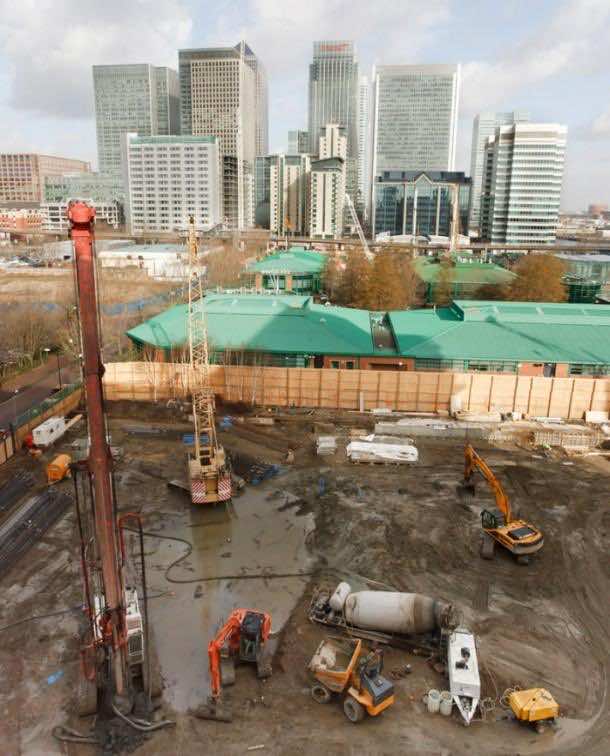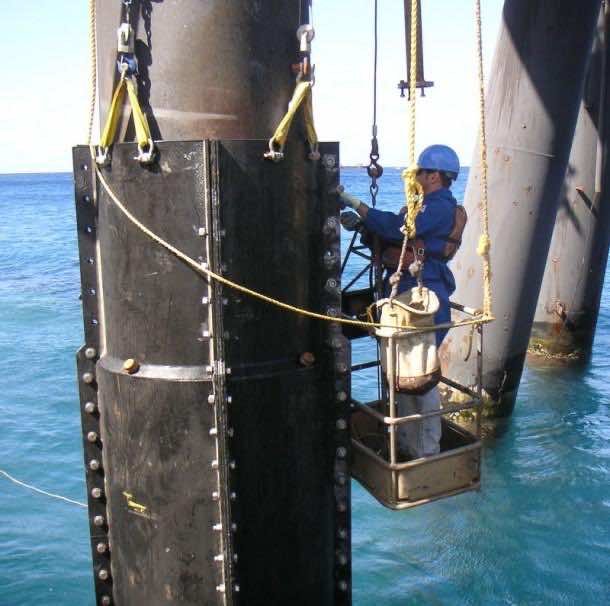Introduction
Piles are structural elements that are used in deep foundations. Basically they can be defined as an element that is long and column like but instead of rising up from ground surface, it rises from great depth underground. The key idea of using piles or deep foundation is to transfer the load to a stronger layer of soil below or to allow the friction to cater for the necessary reaction force that is required in response to the load being applied. Such measures are undertaken when the existing soil layers are weak and can’t hold that much of weight.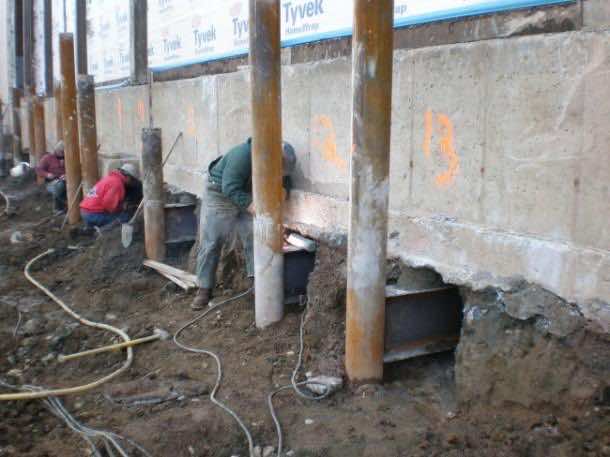
How Does a Pile Work?
Piles work by two principles or a combination of both; either they work by providing the necessary reaction force by bearing the load on their end tip that rests on a hard layer or they make use of friction to generate shear stress along the sides of the piles. Usually both these methodologies are used together to resist the action of loads.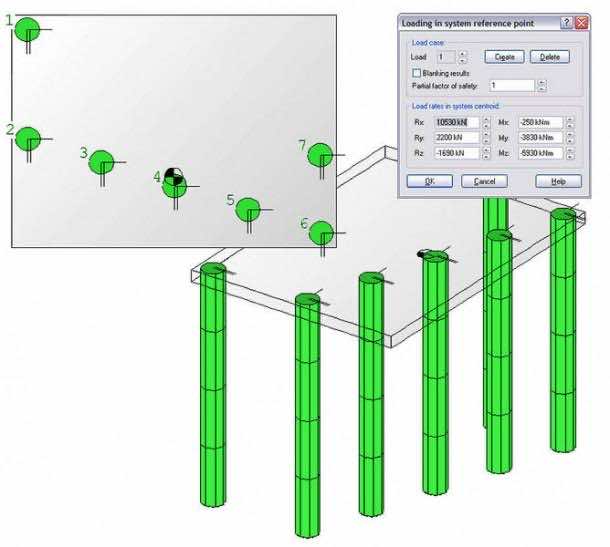
Types of Piles








- Under reamed piles
- Driven
- Augercast pile
- Pier and grade beam foundation
- Drilled Pile
- Micropiles
- Tripod piles
- Sheet piles
- Soldier piles
- Suction Piles
- Adfreeze Piles
- Vibrated stone columns
Applications of Piles



- Slope Stability
- Deep Foundations for Buildings
- Foundations for Skyscrapers
- Foundation for Bridges
Precautionary Measures


- Make sure that pile is driven straight.
- Pile foundations should be monitored for settlement.
- Make sure the Pile uses good quality steel.
- The building should not be loaded with load greater than design load.


